
High-tech enterprises invest in marine farming model in Quang Ninh province - Photo: VGP/Do Huong
Need innovative thinking
Deputy Minister of Agriculture and Rural Development Vo Van Hung said that after 5 years of implementation, Decree 57/2018/ND-CP has revealed many shortcomings. Specifically, many procedures are cumbersome, inflexible, and support resources are scattered and difficult to access for small and medium-sized enterprises. In particular, policies are not attractive enough to encourage the private sector to invest in agricultural production infrastructure in remote areas - where there is great potential but high risk.
"We need to change our perspective and mindset. We cannot keep the old path in a very different socio -economic context. The issuance of the new Decree is not simply an amendment, but a reshaping of the investment support mechanism for agriculture," Deputy Minister Vo Van Hung emphasized. He proposed shifting policies towards green development, circular economy, multi-value integration and bringing culture into agricultural products to enhance brands and competitiveness in the international market. More importantly, policies need to be "substantive", avoiding the situation where support is difficult to disburse or implement.
Many practical problems were raised, such as the Department of Agriculture and Environment of Thua Thien - Hue Province said that the current policy does not cover the group of subjects participating in forest protection and development - a key area of sustainable agriculture. Quang Tri Province also proposed adjusting the regulation on prioritizing ethnic minority labor with a fixed rate of 30%, because this is sometimes not suitable for small projects or areas lacking ethnic minority labor.
Regarding the current tax policy, Mr. Tran Manh Bao, Chairman of the Plant Seed Trade Association, said that the current tax policy does not properly reflect the specific risks and long production cycles of agriculture. "Agriculture needs its own tax incentive mechanism to encourage long-term investment," he emphasized. He also proposed prioritizing investment in scientific and technological research, plant varieties, deep processing and building large-scale raw material areas - the foundations for Vietnam to become an agricultural powerhouse.
Mr. Tran Cong Thang, Director of the Institute of Strategy and Policy on Agriculture and Rural Development, emphasized the importance of clarifying the scope, subjects and conditions of support to avoid misunderstandings between localities. He proposed allowing businesses to mortgage assets at the project to access credit, creating more favorable conditions for investment.
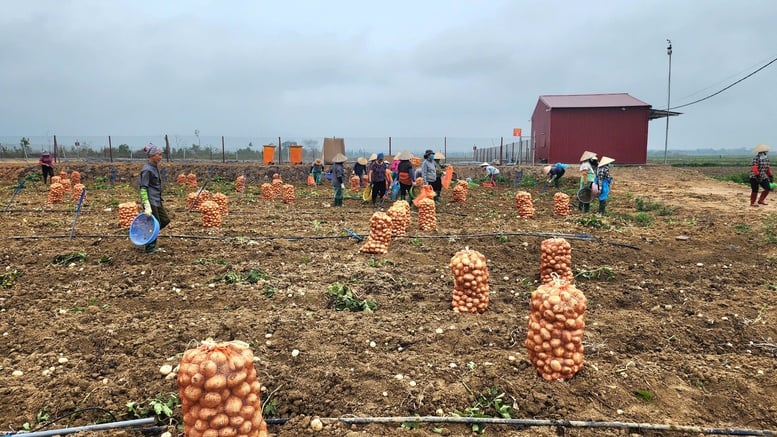
High-quality potato production model with guaranteed output, combining farmers in Bac Ninh - Photo: VGP/Do Huong
In addition to domestic reforms, Vietnam is expanding international cooperation to attract investment in agriculture. The Ministry of Agriculture and Rural Development is also supporting Vietnamese enterprises to participate in joint projects, especially in the fields of coffee, pepper and rice.
Mr. Nguyen Do Anh Tuan, Director of the Department of International Cooperation, Ministry of Agriculture and Rural Development, emphasized the orientation of international cooperation of Vietnam's agricultural sector towards building a trustworthy and mutually beneficial partnership. He affirmed that it is necessary to take advantage of international economic integration to expand export markets, especially with major partners such as the United States, EU, Japan and China. He proposed to strengthen negotiations so that countries can generally recognize Vietnam's technical standards, and at the same time send agricultural counselors and open representative offices in key markets to support businesses.
In addition, he emphasized the role of diversifying export markets and building a synchronous value chain, focusing on enterprises as the core, linking with subjects in production areas. In particular, in the context of increasing international requirements on sustainability and traceability, he supported the construction of a transparent database system, such as the forest and coffee growing area data system, to meet international standards such as EUDR, thereby increasing the competitiveness of Vietnamese agricultural products in the global market.
To realise the objectives, the new draft Decree proposes the establishment of an Agricultural Development Fund for Green and Sustainable Development. This fund will effectively mobilize and coordinate investment resources in innovation, plant varieties, high technology and digital transformation. This is a strategic step to support businesses in accessing capital, especially in remote areas, and participating in long-term value chains.
Deputy Minister of Agriculture and Environment Vo Van Hung said: "It is important that policies are put into practice and solve practical problems that businesses are facing." The new decree is expected to open a new development phase for Vietnamese agriculture: greener, more modern and more sustainable, by removing barriers, motivating businesses and expanding international cooperation.
With innovative thinking, institutions and strategic creations, Vietnam not only strengthens its domestic position but also reaches out on the world agricultural map. Building and implementing a decree on mechanisms and policies to encourage businesses to invest in agriculture and rural areas is an important first step, laying the foundation for a prosperous and sustainable agricultural future.
Do Huong
Source: https://baochinhphu.vn/chinh-sach-sat-thuc-tien-de-thu-hut-du-tu-vao-nong-nghiep-102250614101055134.htm


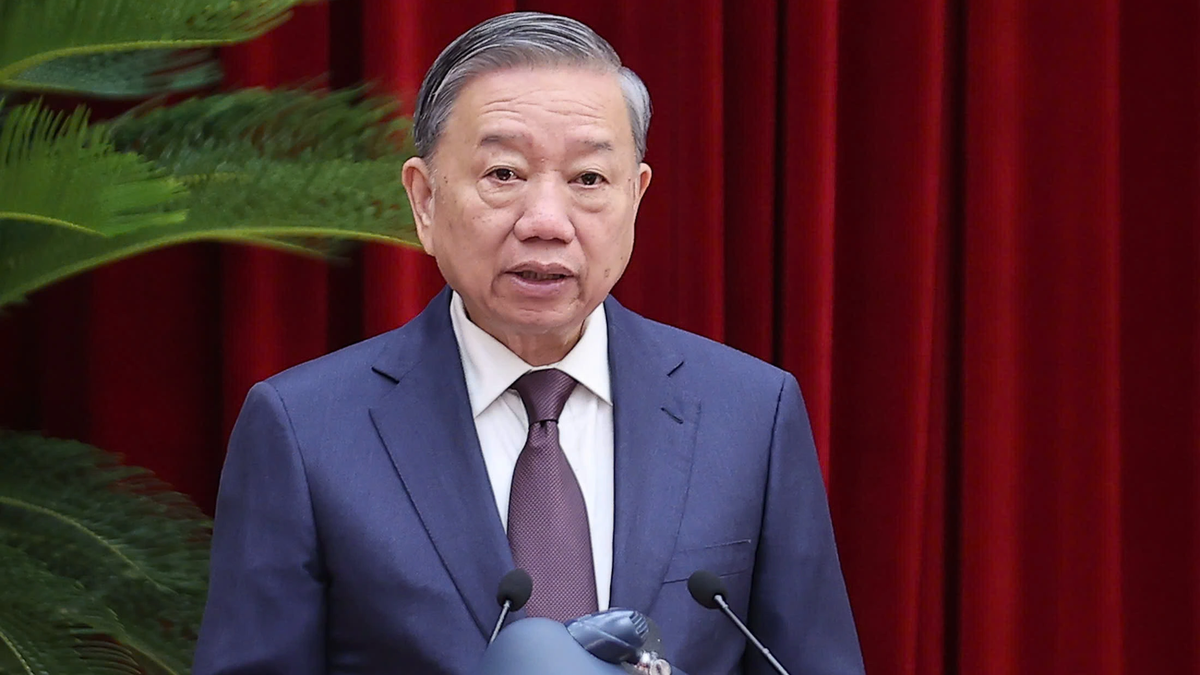

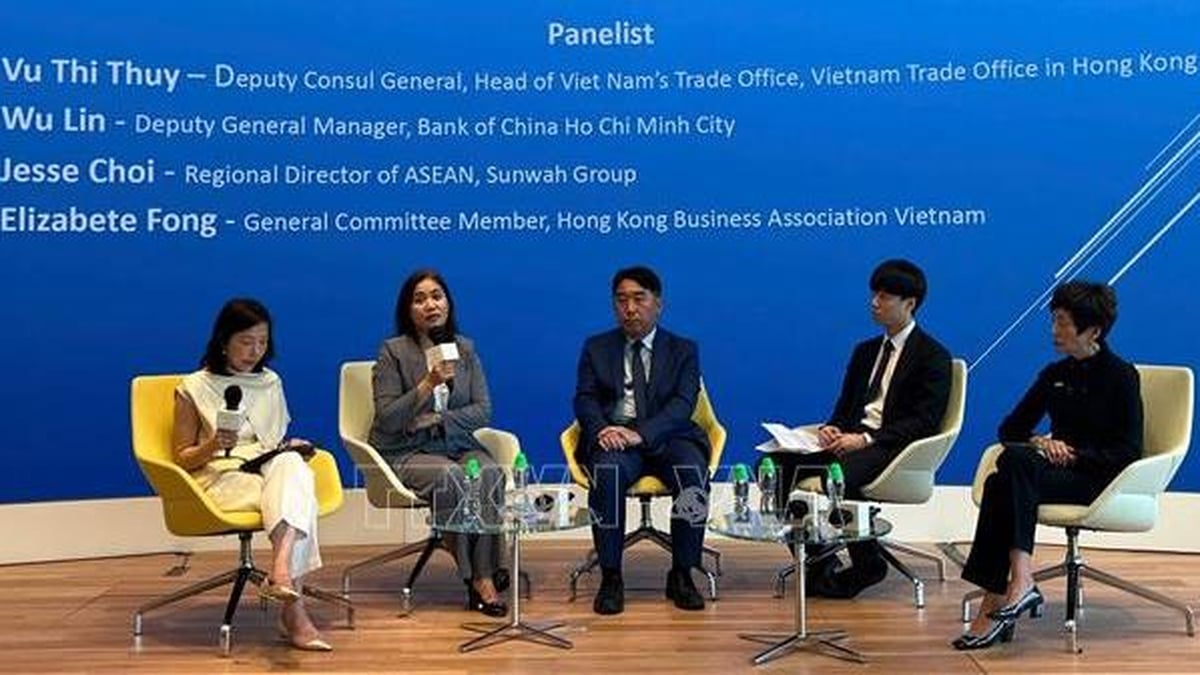
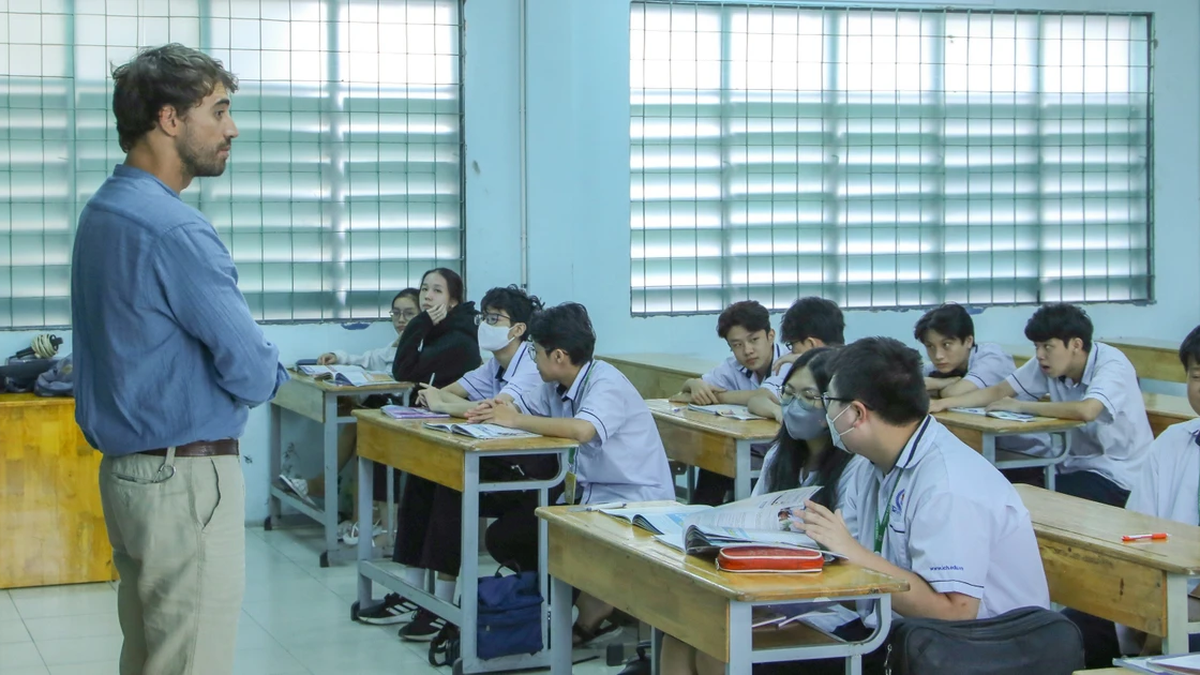
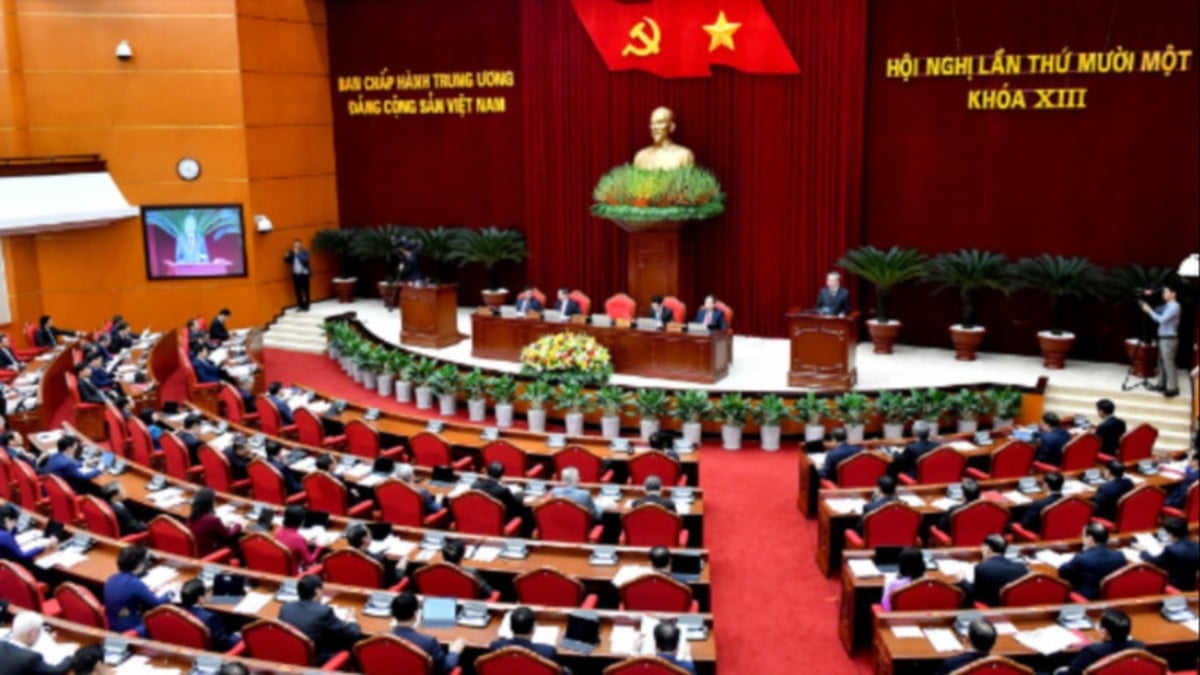


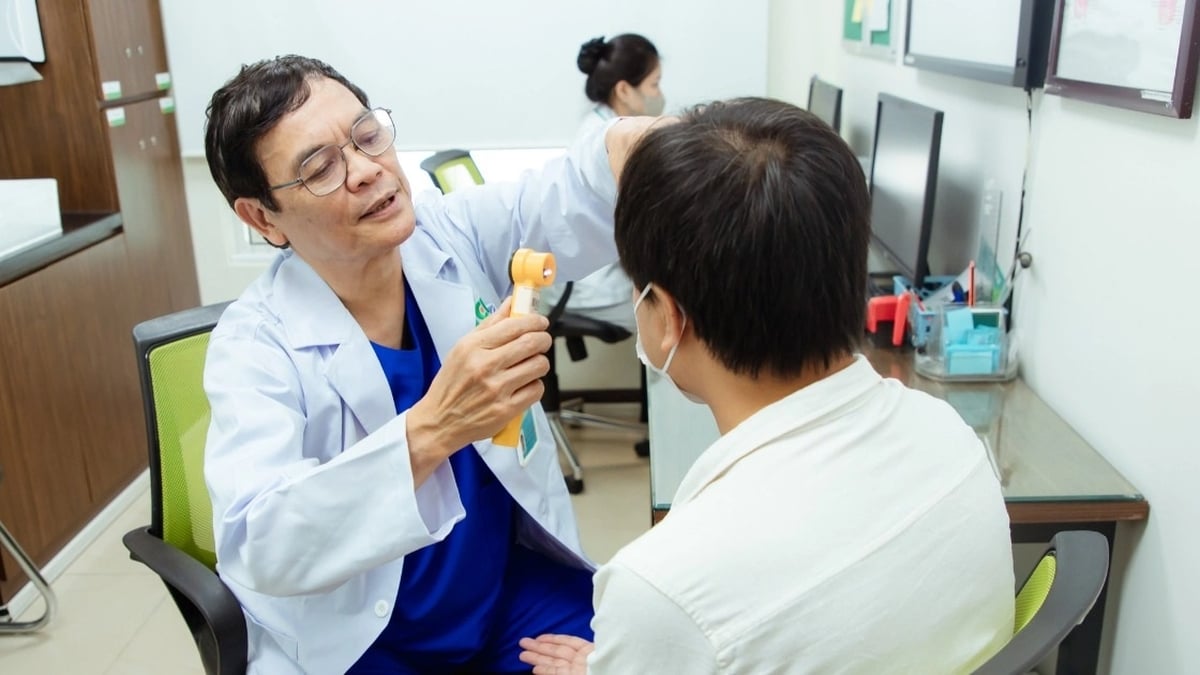










































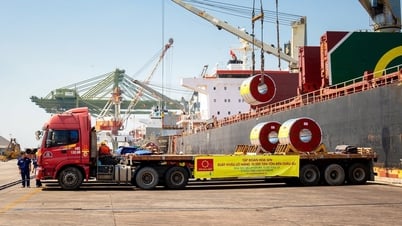

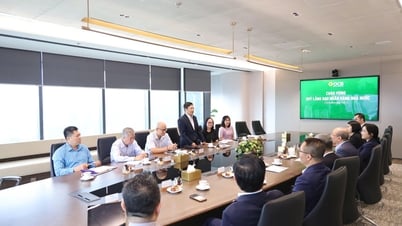





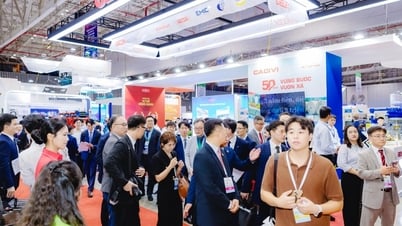




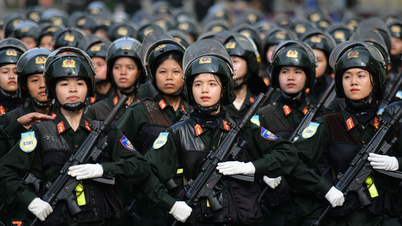




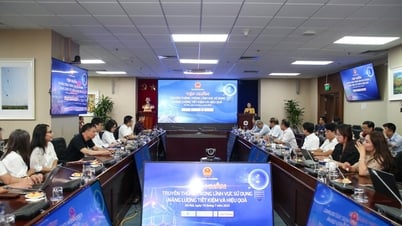

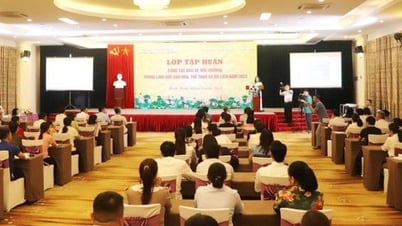


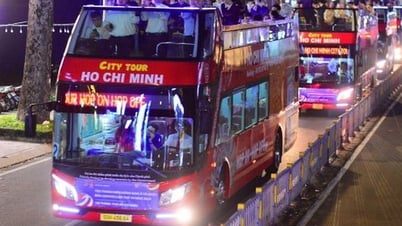
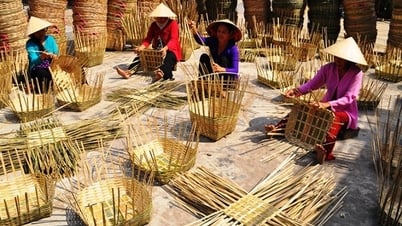
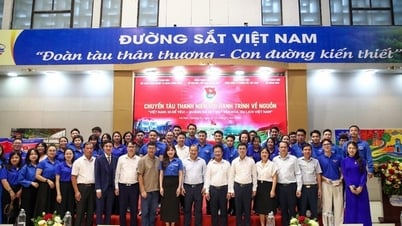







![[Infographic] In 2025, 47 products will achieve national OCOP](https://vphoto.vietnam.vn/thumb/402x226/vietnam/resource/IMAGE/2025/7/16/5d672398b0744db3ab920e05db8e5b7d)














Comment (0)